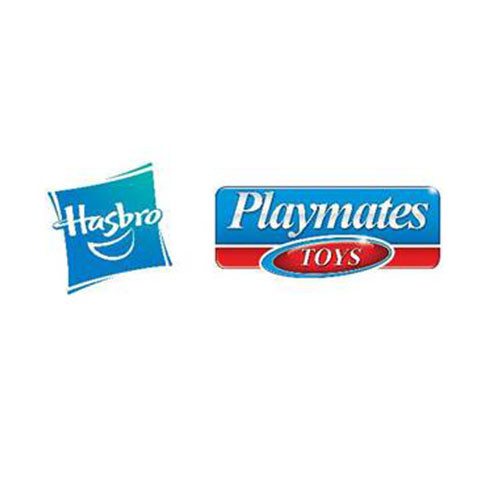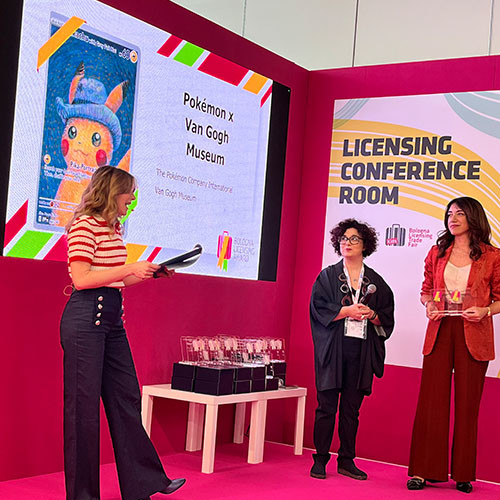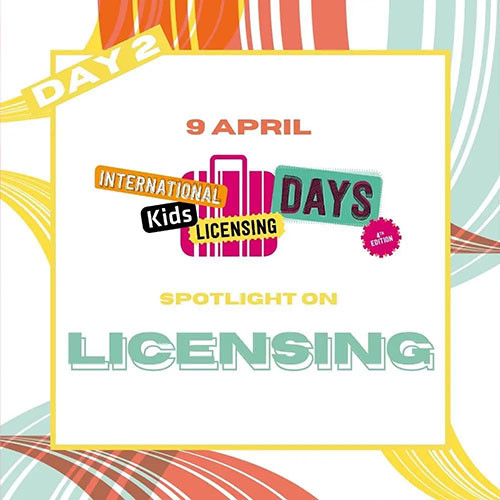CC Young’s Michael Stretton and Wiggin’s Gurminder Panesar on how to make the auditing process easier for all parties.
I have been auditing on and off for about 20 years and in those off periods I have often been audited myself. In some sectors (music, film, publishing), auditing is absolutely routine and everyone just gets on with it like anything else. But in brand licensing, it’s a bit more of an event, both for licensor deciding to audit and for licensee being audited. Often, neither feel it to be particularly pleasant. I myself would much prefer to go around licensees explaining how to do the royalty accounting correctly so that audits were unnecessary, but until that day dawns, here are a few ideas that can help to make audits very much easier and more agreeable for all concerned.
First and foremost, the quality of the language in licences is crucial to how things play out under them. Most issues that arise from audits are simple, unintentional human errors, but the next largest category is differing interpretations as to what the contract means.
Gurminder Panesar, partner at Wiggin LLP says that if there is any uncertainty in the drafting it will ultimately be interpreted narrowly against the party seeking to rely on it. So it is incumbent on both the licensor and licensee to stipulate key deal terms that are important to them rather than leaving broad language open to interpretation. Clear and concise drafting that comprehensively covers those things that are important to the parties will help to reduce the risk of ambiguity under the contract.
As an example, it’s essential that the royalty calculation is very plainly set out. It needs to deal fully with how to deal with all types of sales (for example FOB, to affiliates, out-of-territory, free goods in lieu of discounts and others) and returns, whether good or damaged, and what kinds of deductions are permitted, limited or disallowed altogether.

Another area where helpful steps can be taken from the outset is in specifying the reporting you get from your licensees. You need that to be clear, comprehensive and in a format – preferably a consistent one – that you can use easily. If you can convince your licensee to supply a stock report for the same period as the sales on each royalty report, that would be even better.
Then you need to run a few checks – or get people like us to do them – comparing product approvals with skus reported (to make sure they all come through when you expect them to), comparing reported sales units to the stock reports and looking out for sales outside any restrictions the licence might have. These in addition to usual checks on the rates themselves, the correct treatment of advances and MG’s, the offsetting of earnings and payment of overages and MG shortfalls.
Speaking of restrictions, Gurminder says it’s a very good idea for the licence to set out what happens in the event of any activity outside its permitted conditions, such as sales outside the licensed territory, sales before final approval or additional manufacturing during the sell-off period.

Licences that are silent on these matters, may lead the auditor applying an enhanced (i.e. double or triple) royalty rate. This can lead to protracted settlement negotiations, whereas specifying a proportionate remedy in the licence agreement can help avoids this by making it crystal clear what the intention of the parties was at the time of entering into the licence.
When it comes to the cost of an audit, most licences say that, if the underpayments are more than 5% of what has been paid, then the licensee pays the audit fee, not the licensor. In my experience, that is what happens over 99% of the time. So, apart from the cost of employing an audit administrator to manage your audit team, the whole process becomes a revenue centre in its own right.
In conclusion, auditing need not be problematic in terms of business relations, especially if widely applied in a rolling programme, thereby avoiding singling out individual licensees. Make sure your licence agreements are clear and concise, but also comprehensive in their coverage, in order to minimise misinterpretation and to encourage correct reporting. Audits carried out by auditors who are interested and experienced specifically in brand licensing can serve as a useful extra channel of communication from the licensee, as they often have insights that they would like to be passed on to the licensor.
Overall this approach to audit should improve and strengthen licensee relationships.
The benefits of rolling audits
There is a case to be made for auditing the best part of your licensees fairly regularly. The main reasons are these: knowing an audit is likely can encourage a licensee to report more diligently; auditing often removes the implication which many licensors fear, that auditing is a sign of distrust; if you audit, you can make sure you are getting the full value of the licence and you are being serious about governance and revenue assurance in the context of shareholders and Boards of Trustees.
Some of the larger licensors have well-established rolling audit programmes where they have teams of internal or external auditors which audit the vast majority of their licensees every four years or so. This approach has several advantages for the licensor, not least in that it removes the problem of implying distrust at a stroke, as all licensees are treated equally.
In addition, missed revenue is collected, with interest (usually at 1% above a named bank’s base rate – this should be in your licences) and the full value of the licence is realised. Awareness among licensees of such a programme is also a strong incentive for them to report diligently.
CC Young is a leading provider of accounting and taxation services to the music, film and entertainment industries. Michael Stretton can be contacted on michael.stretton@ccyoung.co.uk. Gurminder Panesar is a partner at Wiggin and can be contacted on gurminder.panesar@wiggin.co.uk.




























